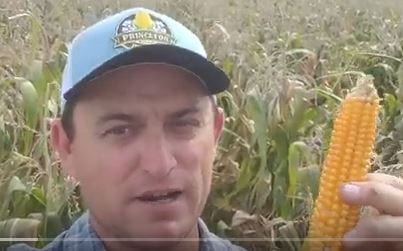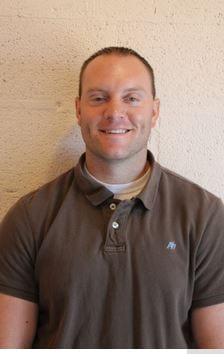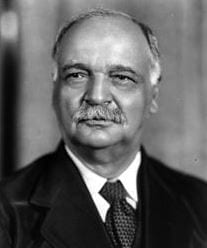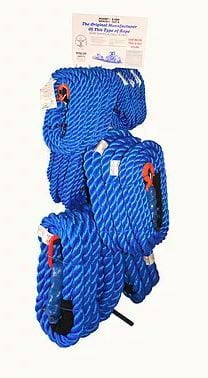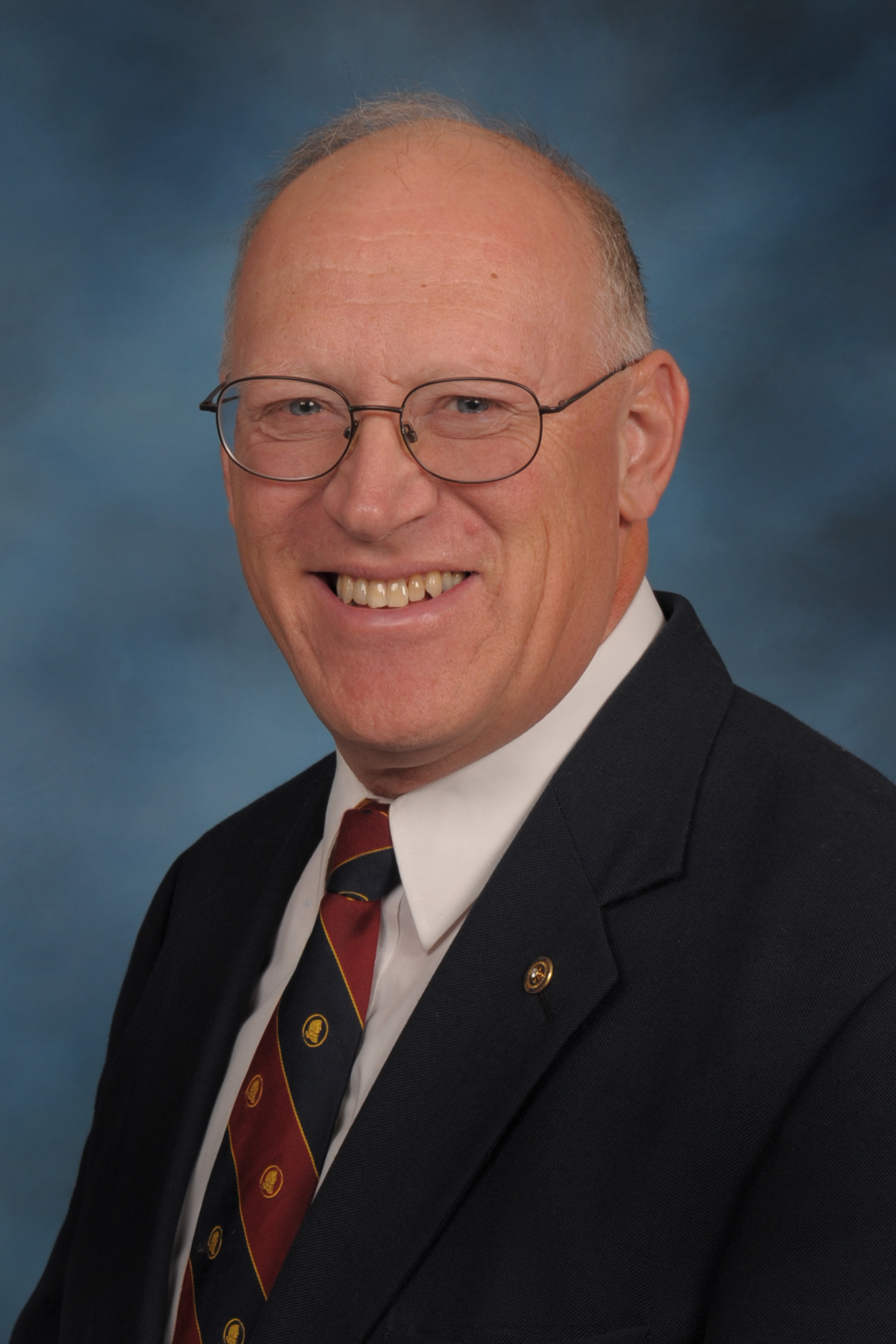What do you get when you combine a cattleman and a chef? In this case, you get a couple who can operate a meat processing business that produces high quality, tasty cuts of meat. Today we’ll learn about an entrepreneurial couple who are expanding their meat processing business while serving their community.
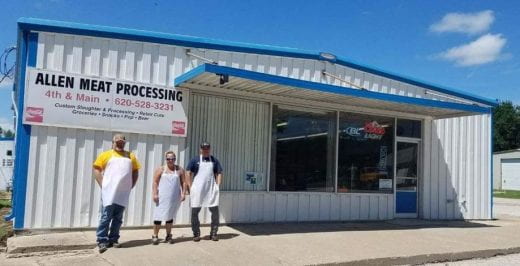 Mike and Donna Uhl are the owners of Allen Meat Processing in Allen, Kansas. Mike grew up working on ranches and feedyards around Coldwater. He got a position managing a feedyard in north Lyon County.
Mike and Donna Uhl are the owners of Allen Meat Processing in Allen, Kansas. Mike grew up working on ranches and feedyards around Coldwater. He got a position managing a feedyard in north Lyon County.
Donna grew up at Emporia. She went to culinary arts school in Kansas City and later got her bachelor’s degree. Donna worked as catering director at Emporia State and executive dining director at Moorhead State in Kentucky. She came back to Kansas and was a chef at a hotel in Emporia when she met and married Mike. Donna is now working at the Kansas Department of Health and Environment in Topeka.
The Uhls settled near the town of Admire. Mike managed the feedyard and raised cows of his own. They occasionally took a steer in to the local butcher shop in Allen. A few years ago, Mike noticed that the owners were getting close to retirement. He and a friend approached them about buying the shop, but the owners were not interested at the time.
In 2019, the owner contacted Mike and said he was interested in retiring. Mike and Donna looked into it and on July 1, they became the new owners of Allen Meat Processing.
“With my background in culinary arts, I felt totally at home here,” Donna said. Her knowledge of food safety and handling standards made it a great fit.
Titi, the butcher who worked for the previous owner, is staying on with the Uhls. “He is absolutely wonderful and talented,” Mike said.
Allen Meat Processing is currently licensed for custom processing only but is planning to expand. “We are working toward becoming a federally-inspected facility,” Donna said. “I want it to be possible for our local ranchers to have their own meat processed and marketed with their ranch name.” The company already markets retail cuts from boxed beef which they purchase.
“We age those steaks 30 days before we cut them,” Mike said.
The Uhls have lots of business ideas and have already made significant improvements, such as building a wall to separate and enhance their retail space. “I’m like the president, I’m building a wall,” Donna said with a smile. The wall’s front side has rustic tin and barn wood from a barn on her father’s farm, while the back side toward the processing space has a hard, sanitary finish for cleaning and food safety.
Beef cattle and hogs are the primary livestock they process, but they can handle sheep and goats as well as deer. “Lots of people are asking if they can bring their deer in here this fall,” Mike said.
Other than the nearby café which is only open between 11 and 2, there are no businesses in Allen. “It’s 20 miles one way to get a bottle of water or a pop,” Mike said. In response to this need, the Uhls offer snacks and drinks. Longer term plans for their retail space include a bar and a pizza place that would be open in the evenings so as not to compete with the local café.
Rural business succession is a big issue in rural Kansas. In this case, it is good to see a younger generation assuming ownership. Allen is a rural community of 177 people. Now, that’s rural.
Allen is located directly on the Flint Hills Trail State Park which has drawn lots of people. “We’ve had people bicycle in here who are from Chicago, Minnesota and New York,” Mike said.
For more information on the plant, see www.allenmeatprocessing.com.
What do you get when you combine a cattleman and a chef? The answer is, good meat. We commend Mike and Donna Uhl for making a difference with entrepreneurship in local meat processing. I’m glad they had a chance to meet.
Audio and text files of Kansas Profiles are available at http://www.kansasprofile.com. For more information about the Huck Boyd Institute, interested persons can visit http://www.huckboydinstitute.org.

